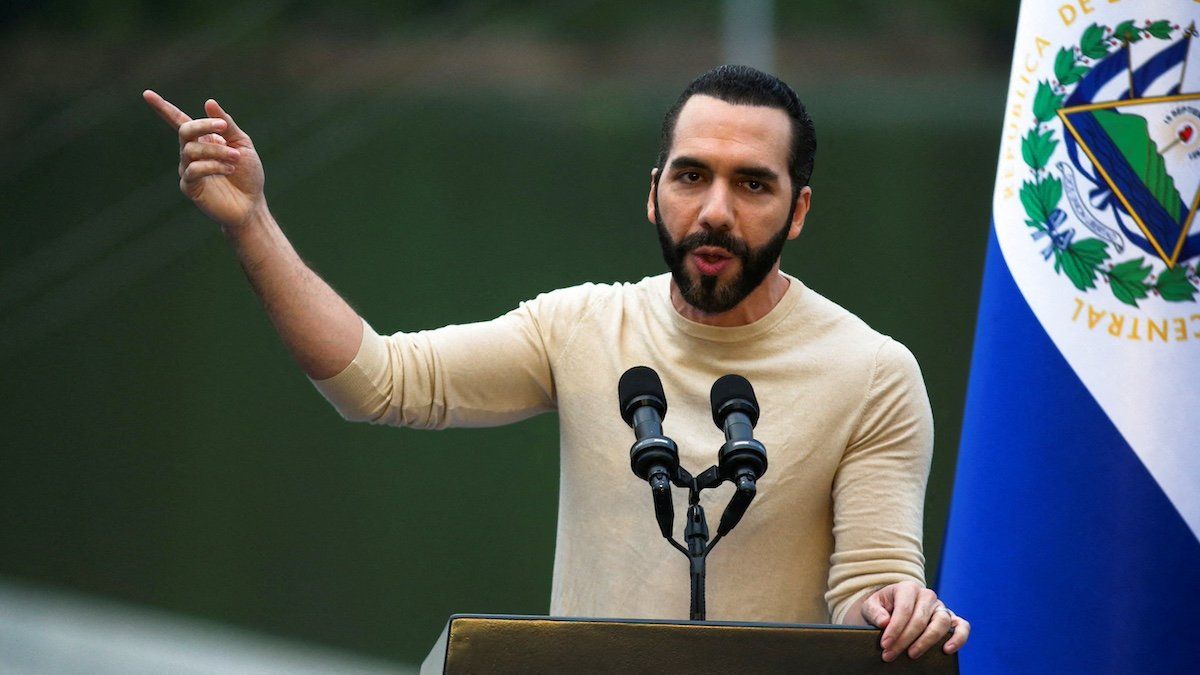The authoritarian world’s hottest young thing – Salvadoran President Nayib Bukele – has won a Congressional supermajority.
Bukele, who won a landslide reelection last month, will control a staggering 54 of 60 seats in the Central American country’s legislature, empowering him to do … whatever he likes.
What might that be? Hard to say. He’s already jailed nearly 2% of the adult population as part of a ferocious crackdown on gang violence, and he already got a friendly court to rule he could flout term limits. His allies even openly say he aims to “dismantle” democracy.
And … his success at slashing the murder rate to pieces has made him incredibly popular. That’s true not only at home but also abroad, where some in other violence-wracked Latin American countries – Mexico, Colombia, Ecuador, Chile – are increasingly enamored of Bukele.
Not so fast, say experts. El Salvador is a tiny country (6 million people) whose gangs – fearsome as they are – pale in comparison to the size and firepower of the transnational cartels running amok elsewhere in the neighborhood. Bukele’s model plays well at home, but it might not – for now at least – export as well.
